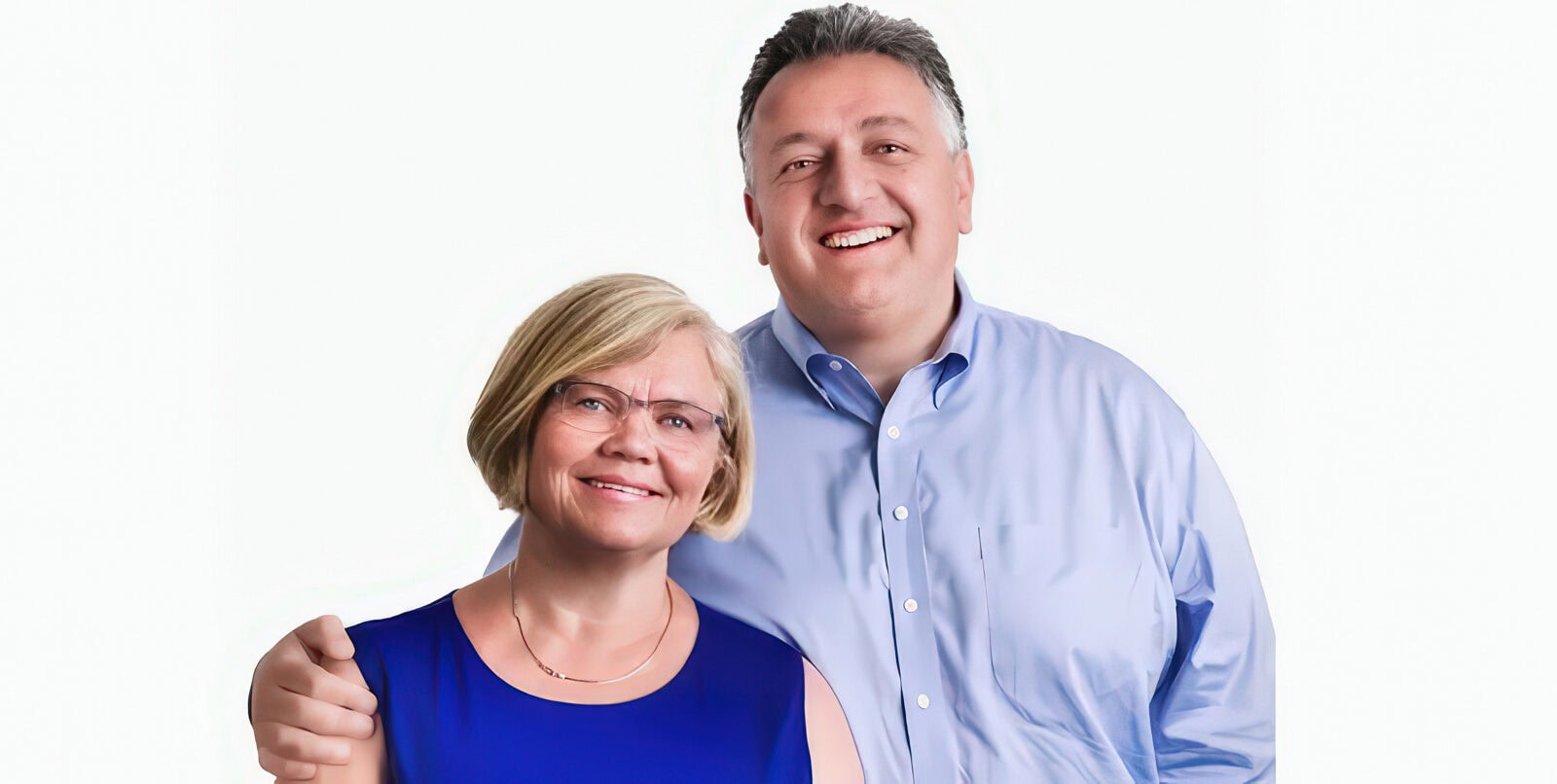$2 billion philanthropic pledge: Noubar and Anna Afeyan channel lifelong curiosity into scientific and humanitarian giving

Noubar Afeyan, best known as the co-founder of Moderna and the visionary CEO of Flagship Pioneering, has publicly reaffirmed his commitment to give away the majority of his estimated well over $2 billion fortune, alongside his wife, Anna Afeyan Gunnarson.
The couple’s philanthropic focus spans science, education, and global humanitarian initiatives—an extension of values forged through personal history, intellectual discipline, and a deep belief in the transformative power of invention.
For Afeyan, innovation isn’t just a professional pursuit; it’s a moral imperative. “We believe that invention can be a force for good—science and technology deployed with empathy,” he’s said in various forums. That belief is not abstract. It’s deeply rooted in a life shaped by displacement, perseverance, and reinvention.
Born in Beirut to Armenian parents, Afeyan’s childhood was marked by upheaval. When civil war engulfed Lebanon in the 1970s, his family fled to Canada. The experience left a lasting imprint.
“I’ve always thought of myself as a grateful immigrant,” Afeyan has often noted. “That gratitude drives my need to contribute—to give back.”
It also planted the seeds for his global worldview, one where science, policy, and humanity are inextricably linked.
Afeyan went on to earn a Ph.D. in biochemical engineering from MIT, launching a career at the cutting edge of biotech innovation.
Through Flagship Pioneering, he has founded over 100 scientific ventures, including the early-stage research and development that would eventually birth Moderna and its groundbreaking mRNA platform.
But Afeyan’s aspirations transcend the lab. In 2015, he co-founded the Aurora Humanitarian Initiative, a project born of the Armenian diaspora’s historical trauma, and designed to shine a global light on modern-day human rights defenders.
The initiative—tied to the 100th anniversary of the Armenian Genocide—recognizes those who put themselves at risk to save others, echoing a recurring theme in Afeyan’s life: bridging science with moral responsibility.
His wife, Anna Afeyan Gunnarson, brings her own formidable intellect and passion to their shared mission. A Swedish-born biochemical engineer trained at the Royal Institute of Technology in Stockholm, Anna began her career in industrial process engineering before moving to the United States, where she worked for Schering-Plough.
But she eventually left the corporate world to raise their four children and to dedicate herself to educational equity and community innovation.
“Science was my first love,” Anna has said, “but I found a different kind of purpose in shaping learning environments for young people—especially those traditionally left behind.”
For eight years, she taught science at Beacon Academy in Boston, a school serving promising students from underserved backgrounds, and later joined its board as Treasurer and Finance Committee Chair.
Together, the Afeyans have embedded their values in a wide network of philanthropic endeavors. Anna serves as a trustee of the Afeyan Foundation, and sits on the boards of the Dilijan International School of Armenia, Health Network for Armenia (HENAR), and the Aurora Humanitarian Initiative.
She also co-chairs the YerazArt Foundation, which provides musical education and opportunities to young Armenian musicians—a nod to the musical heritage in Noubar’s family, where his mother was a classically trained pianist who, he says, “taught me to listen before I speak, and to always hear the music behind the science.”
Though their day-to-day lives are centered in Massachusetts, where they live with their four children, the Afeyans are global citizens in the truest sense.
They regularly return to Armenia, support local innovators, and invest in educational and healthcare infrastructure across the diaspora.
The Afeyans’ philanthropic journey is not about legacy-building in the conventional sense. Instead, it is driven by a belief that privilege comes with responsibility—and that science and humanity are not separate pursuits but twin engines for a better future.
As Noubar often frames it, “Giving is not an afterthought. It is a form of invention itself.”
As they join the growing number of major philanthropists pledging their fortunes for the common good, the Afeyans bring more than money to the table.
They bring a philosophy: that the most significant breakthroughs happen when intellect meets empathy, and when those who have been given much use it not just to succeed, but to uplift.

